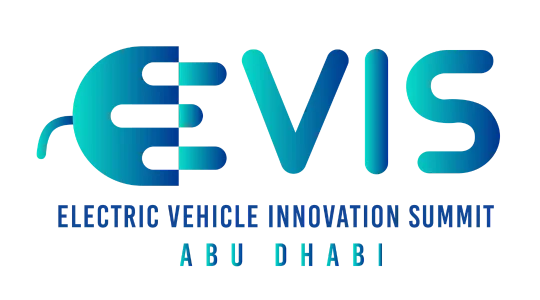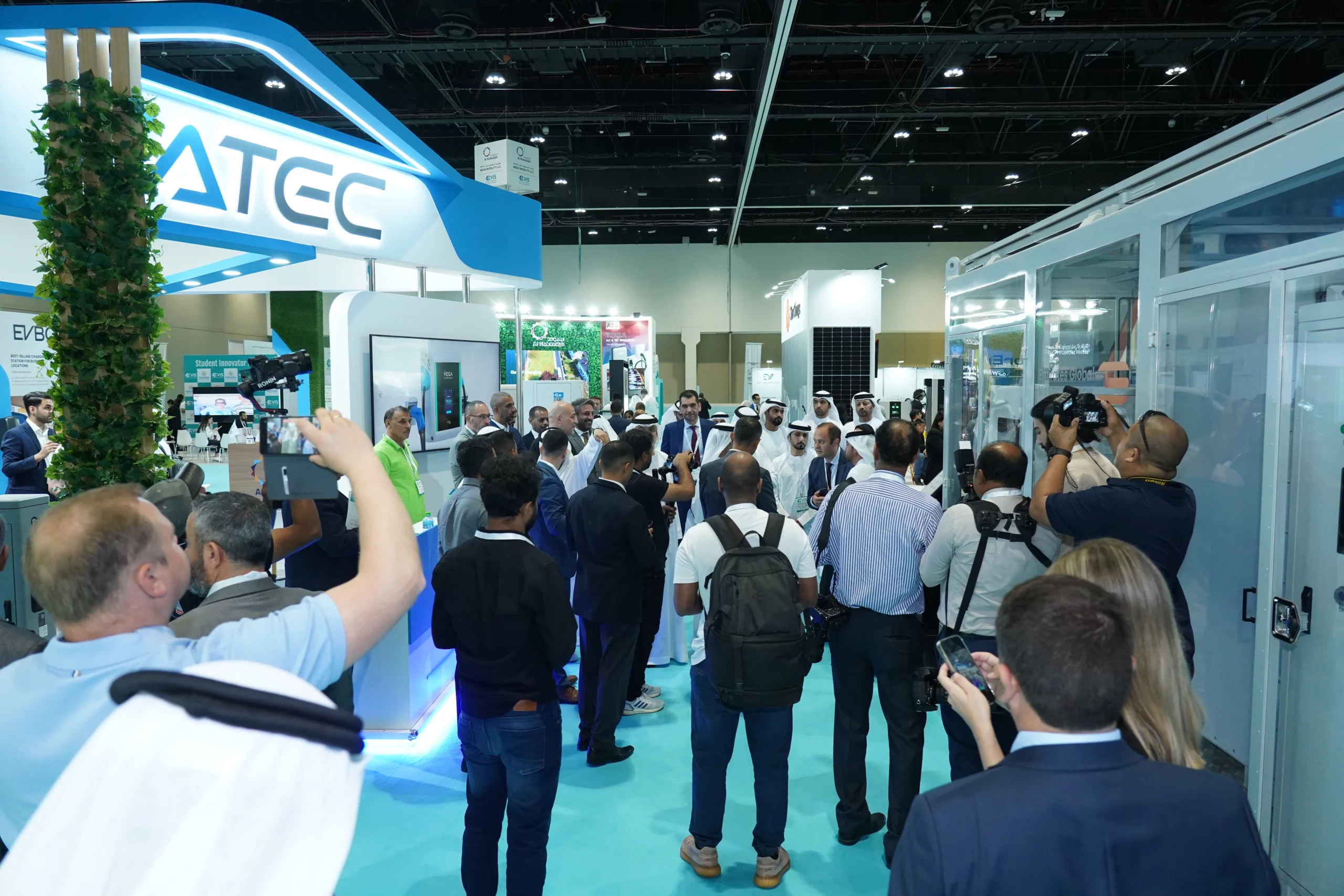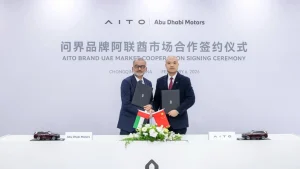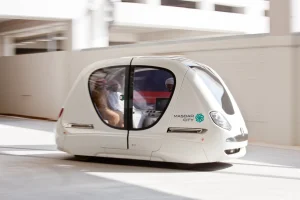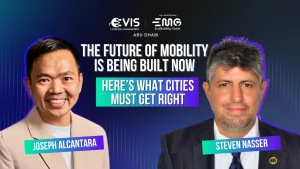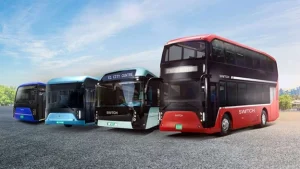Abu Dhabi, January 2023: The electric vehicle (EV) market in the Middle East region is still in its early stages, but it is showing promising signs of growth. The macro landscape of the region is characterized by increasing oil prices and a dependence on fossil fuels. However, the growing awareness of environmental issues and the need to reduce greenhouse gas emissions is driving the adoption of EVs in the region.
One of the main drivers for e-mobility in the Middle East is the increasing demand for sustainable transportation. Governments in the region are recognizing the need to reduce their carbon footprint and are implementing policies to support the adoption of EVs. For example, the UAE, Saudi Arabia, Bahrain and Oman announced their net-zero targets. Additionally, several countries in the region are offering incentives, such as tax exemptions and subsidies, to encourage the purchase of EVs.
According to EVIS Director Eng. Naser Al Bahri; “So far, the progress in the EV market in the Middle East has been slow, but it is starting to pick up. The number of EV charging stations is increasing, and several companies are investing in EV production and research and development. For example, Egypt plans to install 3,000 EV charging stations across the country and the UAE has already installed over 1,500 public charging stations across the country. Additionally, Saudi Arabia has announced plans to invest $50 billion in EV production over the next decade and already announced to have two local manufacturing facilities producing EVs in the kingdom (Lucid Motors and Ceer).”
Mr. Ravin Mirchandani, Chairman, Quench said; “The MENA market is incredibly exciting for both the EV charging & hydrogen energy sectors. Many of the countries in this region are today deeply sensitive to the global energy transition and have very nuanced strategies to move to electric and hydrogen mobility. Additionally, due to the extreme weather conditions in the region, the failure of power electronic equipment like the charging infrastructure is really high. Thus, to take care of such conditions our chargers have been developed to perform efficiently under temperatures ranging from -55 degrees to + 55 degrees. We hope Quench EV Chargers will become an integral part of the journey in each of the MENA economies.”
Rami Abu Hayah, CEO, CATEC Mobility stated that; “The Middle East is leading the charge in electric mobility, with GCC countries at the forefront of this trend. The UAE EV market alone is projected to grow at an annual rate of 30 percent between 2022 and 2028. Factors such as rising fuel prices, national net-zero emissions commitments, and a more environmentally aware consumer base have all contributed to this growth. As the number of electric vehicles on the road increases, so does the need for reliable and convenient EV charging infrastructure, presenting a great opportunity for businesses to invest in building the necessary charging infrastructure.”
Despite the progress, there are still several challenges facing the EV market in the Middle East. One of the main challenges is the lack of infrastructure for EV charging. The limited number of EV charging stations makes it difficult for EV owners to travel long distances. Additionally, the high cost of EVs is a barrier for many consumers. Another challenge is the lack of consumer awareness about EVs. Many people in the region are not familiar with EVs and their benefits, and there is a lack of education and information about the technology.
However, the challenges also present opportunities for the EV market in the Middle East. The growing demand for sustainable transportation and the government support for EVs provide opportunities for companies to invest in the production and distribution of EVs. Additionally, the lack of infrastructure for EV charging presents an opportunity for companies to invest in the development of charging stations and other infrastructure.
In conclusion, the EV market in the Middle East is still in its early stages, but it is showing promising signs of growth. Governments in the region are implementing policies to support the adoption of EVs, and several companies are investing in EV production and research and development. However, the lack of infrastructure for EV charging and the high cost of EVs are still major challenges for the market. Despite these challenges, there are also opportunities for companies to invest in the production and distribution of EVs and the development of charging stations and other infrastructure.
On 29-31 May 2023, Abu Dhabi will host the Electric Vehicle Innovation Summit (EVIS), which is expected to play a major role in accelerating the e-mobility agenda in the region. The summit will bring together industry leaders, policymakers, and experts from around the world to discuss the latest developments and trends in the EV market. It will provide a platform for sharing knowledge, ideas, and best practices, and for exploring opportunities for collaboration and partnerships.
The summit will also showcase the latest technologies and innovations in the EV industry, which will help to raise awareness and educate the public about the benefits of EVs, as well as promoting the adoption of EVs in the region by showcasing the latest technologies and innovations in the EV industry, and by educating the public about the benefits of EVs. Additionally, the summit will help to raise awareness about the importance of sustainable transportation and the need to reduce greenhouse gas emissions in the region, it will be a major step forward in the region’s journey towards a greener and sustainable future.
